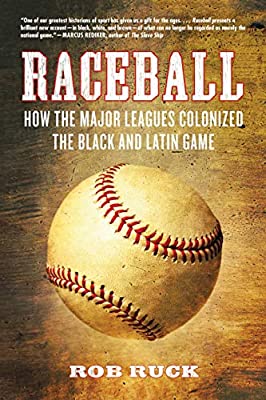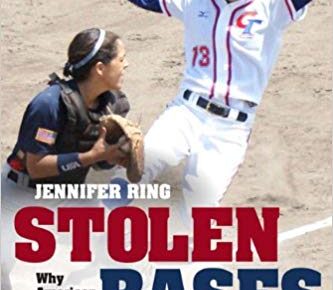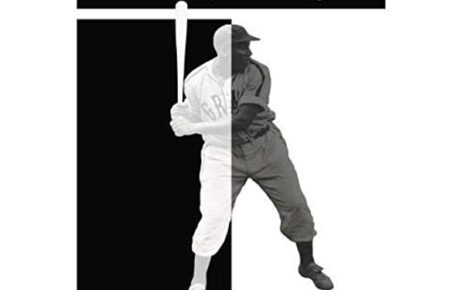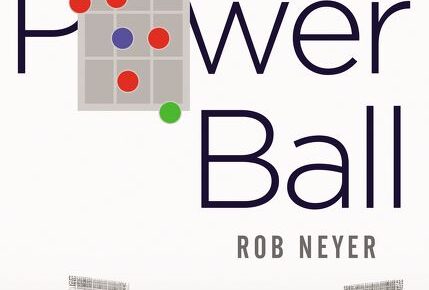Every so often you start reading a book and realize very quickly, “Yeah man, this is my jam!” The book in question resonates with you from the very onset and that resonation only grows stronger the deeper into the book you get. Finally, you finish the book and you wish there were more pages for you to read. That goes against all known logic; if the book seems that great it’s because it was the book it was meant to be in the pages contained within its bounds. Still, this book hit you right where it matters the most to you and you don’t want the ride to end. That’s how I felt throughout the entirety of Raceball, but with an added touch of immense anger.
Raceball is many things, but at its core, Rob Ruck’s masterpiece is about the war Major League Baseball has waged against any and all baseball from people of color. The Negro and Caribbean Leagues are the focal point of much of the discussion, but the undercurrent is that all of the baseball world is at play. Specifically, Raceball is interested in digging deep into the imperialist mindset that has driven MLB and the ramifications that other leagues, teams, players, communities, and cultures have felt because of MLB’s approach to owning the entirety of baseball on their very white terms.
Right out of the blocks Raceball sets its tone of pulling no punches and holding MLB to task for what it has done to the game of baseball. It’s an approach that is equal parts enlightening and maddening. Ruck breaks down the history of MLB’s relationships with people and leagues of color in such detail that I managed to find new nuggets to digest that had escaped me all this time. Throughout its pages, Raceball always maintains its status as a provider of historical information that MLB would rather not have you know. At the same time, the way Ruck structures his prose I found myself rooting for upstarts like Cumberland Posey Jr. and Jorge Pasquel. He highlighted the humanity of these figures in a way that made me want to see them succeed. Ultimately they would fail and the natural progression of the book’s aim was that I ended up depressed and angry at their falling short of holding ground with the giant in the room.
I’ll be the first to admit that I am the perfect audience for Ruck’s book. Raceball’s content is the sort that anti-MLB people like myself soak up like a sponge. That being said, I don’t believe my bias in any way takes away from the magnificence of Ruck’s work. Even the most ardent MLB supporter should be taken by the depth and scope of information and historical accounts provided in Raceball. They likely won’t agree with much of its arguments and conclusions, but that doesn’t mean they should think any less of the actual structure of the book. However, I am biased in my views on MLB and that is something everyone reading this review should take into account however they see fit.
There’s plenty more praise I could heap upon Raceball. I picked this book up and never wanted to put it down. Raceball touches on a side of baseball that is very important and that more baseball fans need to be educated on. It is both historically accurate and compelling, which is no small feat when it comes to baseball writing on topics like integration, the destruction of the Negro Leagues, etc. As if there were any doubt, Raceball gets the highest recommendation possible. If you are a fan of baseball you owe it to yourself to read Rob Ruck’s seminal work.
Lead image courtesy of Unknown – Beacon Press




